Regardless of the total number of pages, nature and complexity of functionalities in a website, every live URL is at the risk of being hacked. You can't assume your site is less susceptible to wicked attempts. Most often data violations are made not only to steal website data, but also to use servers illegally to send spam emails. You never know hackers intentions. They may also use stolen servers as botnet or reserve for Bitcoin.
Why is website security necessary?
Like we secure our physical offices with door and locks, a company website also needs security from thieves. Website security is ensured with regular data backups and a series digital security action.
Being a site owner, it’s your legal responsibility to protect customer data from attackers. As hackers are invisible, you can’t see them attacking on your site. But you can’t ignore them at any cost. As, they are always searching for less secure sites to steal confidential customer information like credit card data to harm business and customers. They may either want to destroy or misuse the data or they send a sick message to clients to destroy business reputation. Although, it’s impossible to undo the damage caused by a hacker, you can take necessary steps to protect your site from hackers and malware attacks.
Below I am sharing few necessary steps you must take to prevent your site from being hacked.
Update software on priority basis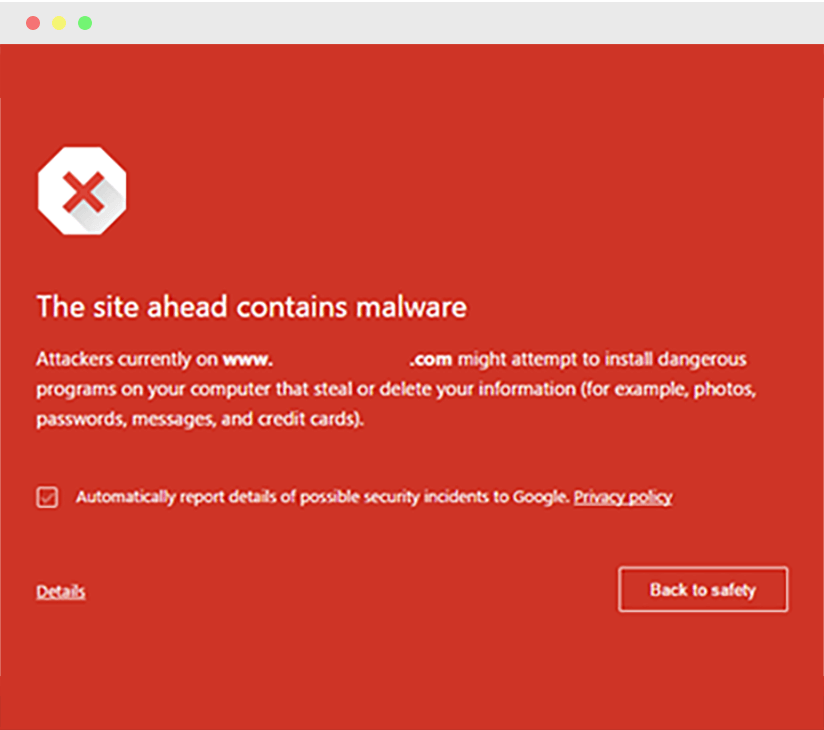
Updating software is central for site security. Whether they are installed on the data server or integrated into a website in the form of CMS or forum, running updates is mandatory. Especially if the update is related to the security vulnerability.
In case a website is hosted from a managed hosting service provider, hosting company takes care of all the security updates. However, if you have purchased third-party CMS for your site, a quick application of security patch is necessary to secure site from vulnerable attacks. In most of the cases, CMS companies notify their clients about site security issues via email and RSS feed.
Open source website creation platforms like Word Press, CMSes, and Umbraco notify their users for available updates as soon as they log in. Users should always accept and install these updates without a delay to maintain seamless security.
Also, ask your developer to update tools (RubyGems, Composer and Node Package Manager) he is using to manage software dependencies.
Users usually delay updating software and do not install updates immediately, due to its cost. However, it should not be ignored at any cost if you really want to avoid crazy hackers scanning thousands of sites to steal data.
Install security plugins to strengthen the website security
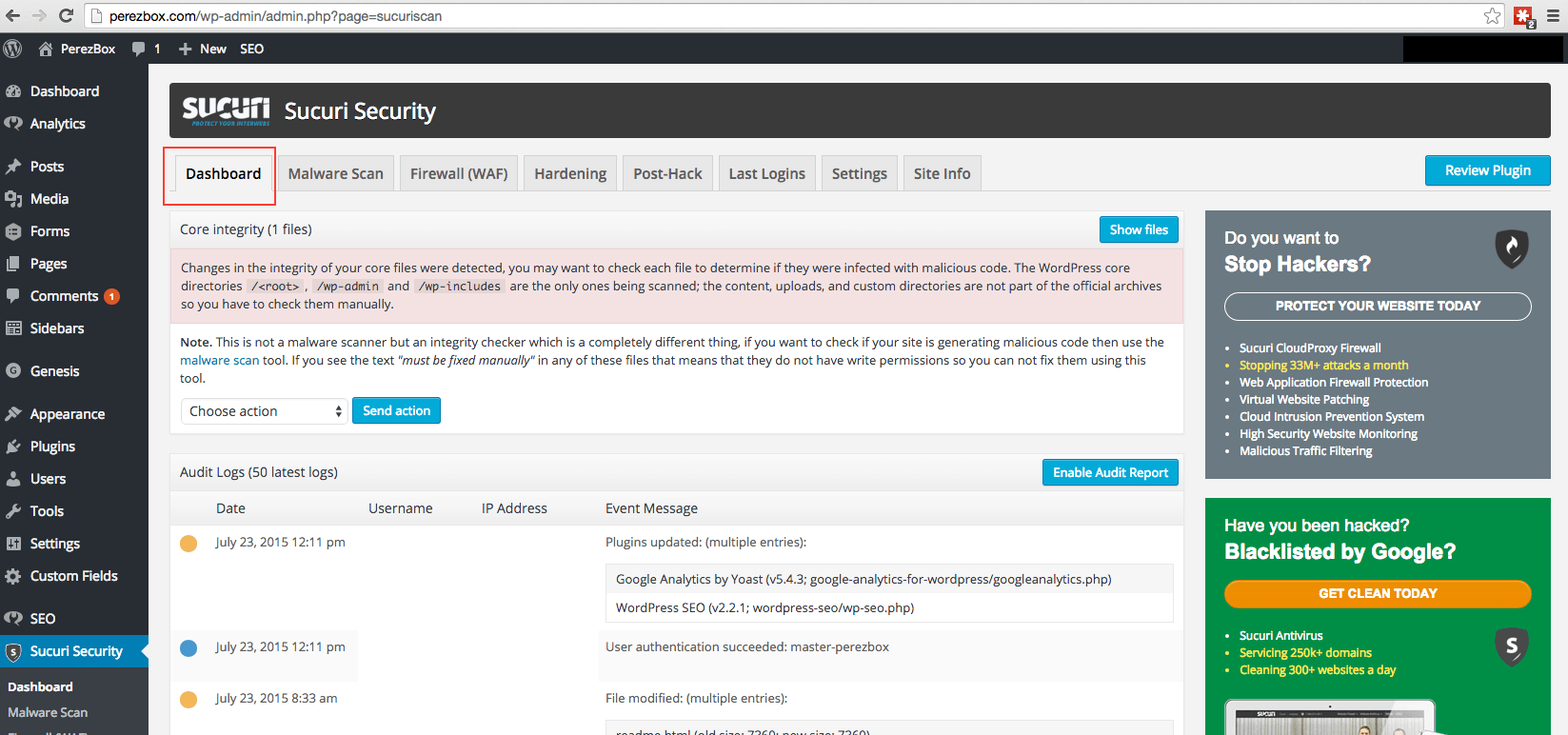
Website security is incomplete without security plugins. Whether a site is built on content management system or it is developed via CMS or HTML pages. iThemes Security and Bulletproof Security are few free security plugins that are capable of addressing the weaknesses of different content management platforms. They can efficiently stop additional hacking attempts tempering site security.
Similarly, SiteLock is another plugin, which can be used to secure HTML and CMS based sites. It secures sites after locking all the security gaps present in a site. It can monitor everything from malware detection to identifying vulnerability and active virus scanning, and takes all necessary steps to ensure seamless security.
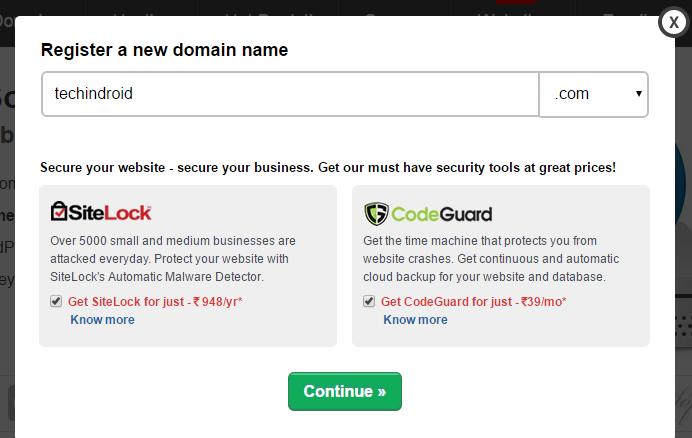
Strengthen site access with strong passwords
Always create strong passwords for website server, admin and database, to efficiently avoid Brute force and directory attacks. A strong password must contain alphanumeric characters, upper and lower case characters, and symbols. Moreover, length should not be less than 12 characters.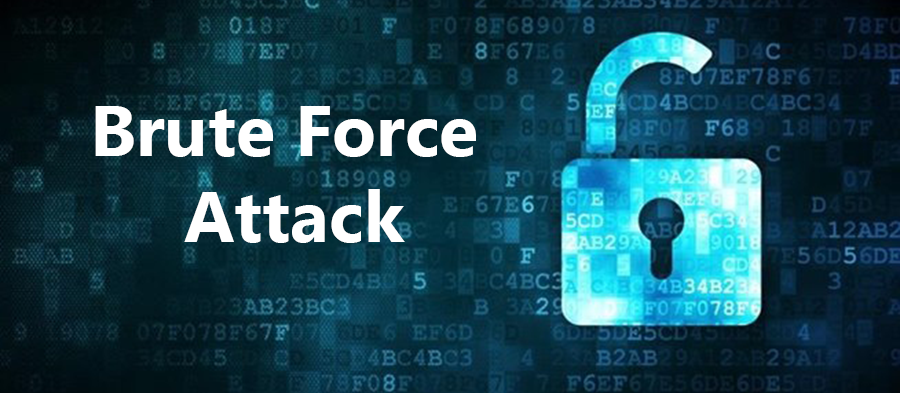
Using the same password to log in different websites is another common mistake users make. Strictly avoid this and use unique id and passwords for every single site. Change them regularly and store all passwords in encrypted form. So that hackers don’t find original passwords in case of security breach.
Increase network security to avoid accidental security breaches
Generally, multiple users are accessing website via CMS. They may accidently facilitate hackers to access the site after forgetting to sign-out their account. This threat can be easily overcome by incorporating the feature of automatic login in the system.
Ask all the users to avoid writing and storing passwords on sticky notes and notepads in their systems. Instruct them to change password frequently. Also, ensure all the devices plugged in the network are scanned and secured for malware regularly.
Rename admin directories to deceive hackers
Another intelligent way to stop hackers from accessing your site data is to deceive them after choosing different names for admin directories other than admin or login. CMS systems allow site owners to rename admin folders, which are only known to webmasters. Renaming will efficiently secure sites from a potential data breach and significantly reduce the risk of data theft.
In contrast to that, if admin directories are names as admin or login, they will guide hackers to directly hit specific folder without wasting energies to find admin files.
Use HTTPS application protocol to protect financial data
HTTPS is a shorthand for security and indicates users that providing financial information is safe on the particular web page. In case you own an e-commerce site, shopping portal or manage an affordable seo company website, which asks users to submit sensitive financial data, you will have to purchase SSL certificate for enhanced encryption.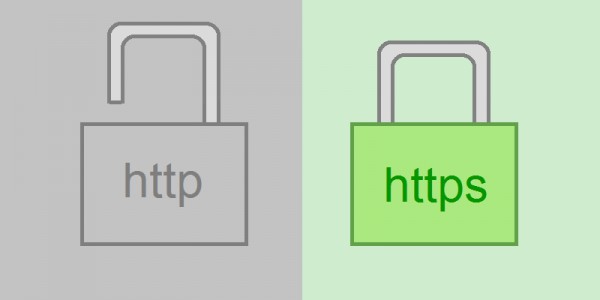
This security protocol provide extra security to your users over the internet. It further guarantees no one can capture and edit information. Tools like Let’s Encrypt offer free and automated certificates for a number of platforms and frameworks.
Today, use of HTTPS protocol has become more or less mandatory after the Google announcement for offering SEO benefits to the sites with HTTPS. Moreover, Chrome and other browsers are also intending to warn all the site owners to incorporate this protocol on their sites.
Use CSP (XSS) defender tools to avoid Cross Site Scripting
Cross-Site scripting (XSS) can harm your site in several ways. It either steals the data for an attacker or changes the content on your site. XSS is a malicious JavaScript that can be injected into the site. For example, if a site allows publishing comments without moderation, hackers can use this route. Front end frameworks like Angular and Ember efficiently protect sites from XSS.
Parameterized your queries and write clear codes to leave no space for hackers for injecting malicious codes. Enhance protection with Content Security Policy to specify domains to consider scripts only from valid resources, while ignoring malicious codes from unreliable resources.
Summary: The bottom-line is that similar to your company logo, business websites represent and maintain business presence in the digital world. Therefore, site owners have to take purposeful security actions to protect it against malicious attacks and security breaches.

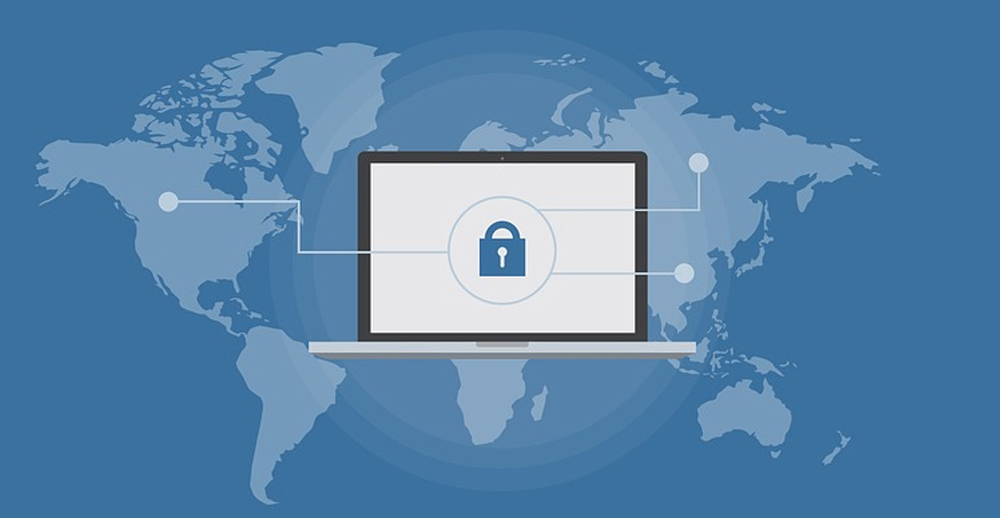
 Table of Content
Table of Content










